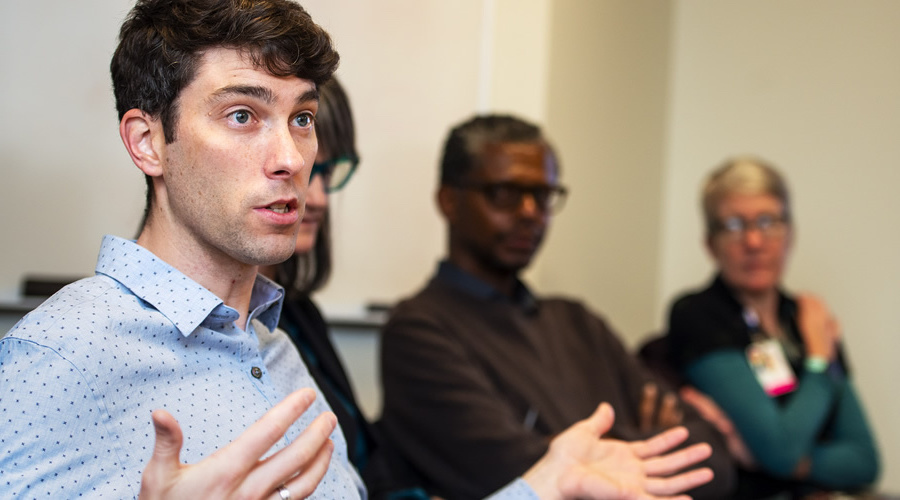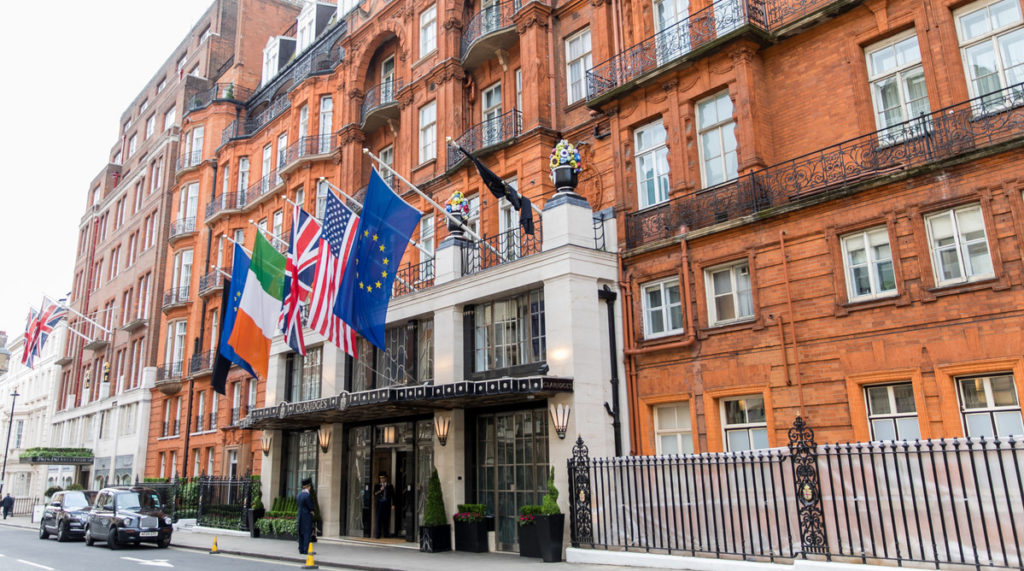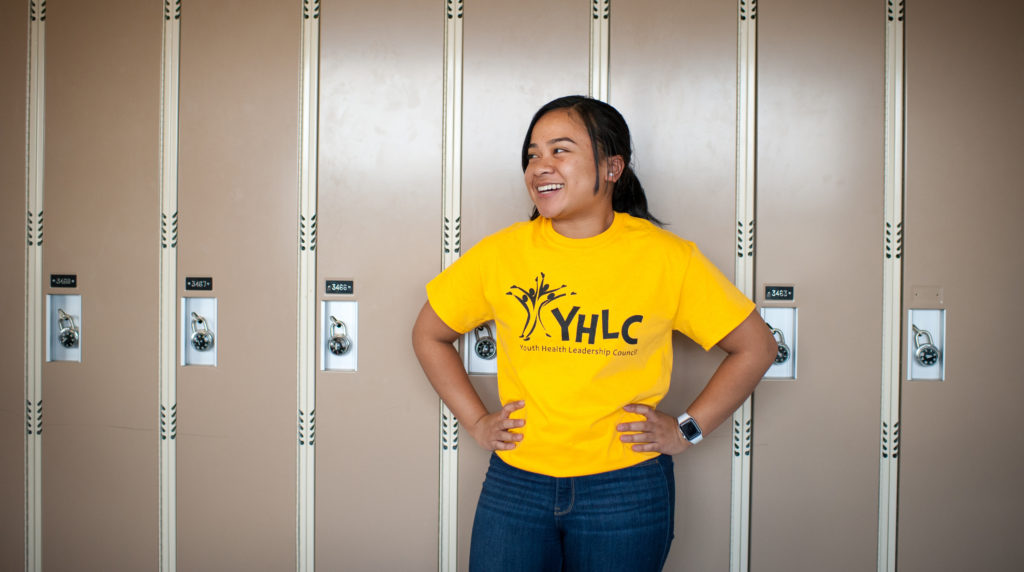The Massachusetts General Hospital Asylum Clinic provides forensic medical and psychological evaluations to survivors of persecution seeking asylum in the United States and educates the medical community on caring for asylum-seekers and refugees. Since its inception in 2017, the clinic — part of Mass General’s Center for Global Health’s Disaster Response and Humanitarian Action — has helped more than 300 people seeking asylum.
Asylum Clinic Director Matthew Gartland, MD, shares how COVID-19 has impacted his team’s efforts to help asylum-seekers and detainees.
How do the evaluations provided by the clinic help asylum-seekers?
These physical and psychological evaluations document evidence of prior persecution or trauma to be used in the individuals’ legal cases as they apply for asylum in the U.S. At Mass General, we have 140 volunteer providers from different disciplines and a network of about 65 volunteers from the wider Boston region.
One major challenge for asylum seekers is the years-long backlog created by COVID-19.
What are some particular challenges facing asylum seekers right now?
One major challenge for asylum seekers right now is the years-long backlog created by COVID-19. We have clients we saw that very first month of 2017 still waiting for a decision on their application, but we’ve had 77 clients receive asylum or another form of relief. Close to 90% of our cases are successful in that regard. However, the vast majority of cases are still pending.
How has the pandemic affected clinic operations?
We launched a fully virtual clinic in April 2020. Our volume of clients never decreased and pivoting to virtual created some benefits for our clients. Completing an evaluation in someone’s home creates a level of comfort. It is less traumatizing, and it allows clients from other places in Massachusetts like Springfield or New Bedford to access services in Boston that would be very difficult otherwise.
We have even done virtual — both telephonic and video — examinations with people in ICE detention centers.
Outside of evaluations, what are some other things the Asylum Clinic does?
As clinicians, we are objective expert evaluators. When we are called to testify in court, our credibility is staked on our ability to provide expertise and not advocacy. We complete our work pro bono; we are not paid by the attorneys or clients.
That said, we also have a role as advocates. This past year, we saw that immigrants who were in ICE detention were at tremendous risk of COVID-19; they didn’t have access to proper hygiene or social distancing and weren’t being provided with testing or adequate medical care.
A number of us have been called to provide expert testimony in lawsuits on behalf of ICE detainees and have written academic papers about the risks they encounter. We have had a lot of success getting people released on medical grounds.
What does the future look like for the Asylum Clinic?
Through the support of philanthropy, we recently hired a program coordinator to work on connecting our clients to resources — such as primary and mental health care or for food or housing support — in different localities. Because we serve a client group that is not just from Boston, it has always been challenging to connect people to care locally.
It is important to understand where people are coming from, what they experienced and the incredible resilience they demonstrated to get themselves and their families here to the U.S.
We are also building our community connections. We are partnering with the Center for Immigrant Health at Mass General to build a community advisory board. In that group will be people with lived experience of seeking asylum, immigrants and people leading community organizations who are serving the immigrant community. This group will help us determine what the needs of our potential clients are and will strengthen our connection to our community.
What is something you would like the broader community to understand about asylum seekers?
It is important to understand where people are coming from, what they experienced and the incredible resilience they demonstrated to get themselves and their families here to the U.S. I think if people understood those stories, they would feel a lot more compassion. We would recognize these are people; these are families; these are children.
Philanthropic support has transformed the work of the Center for Global Health, including programs like the Asylum Clinic. Click here to make a donation to the Asylum Clinic today or contact Kirsten Pfister in the Mass General Development Office at 617-726-5110.


